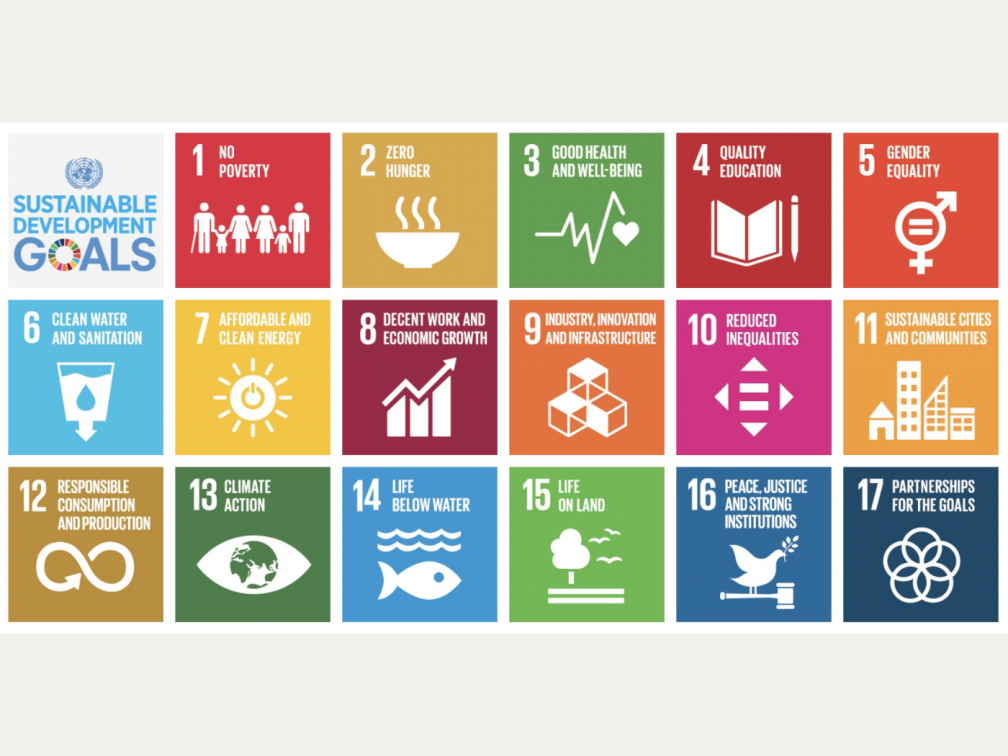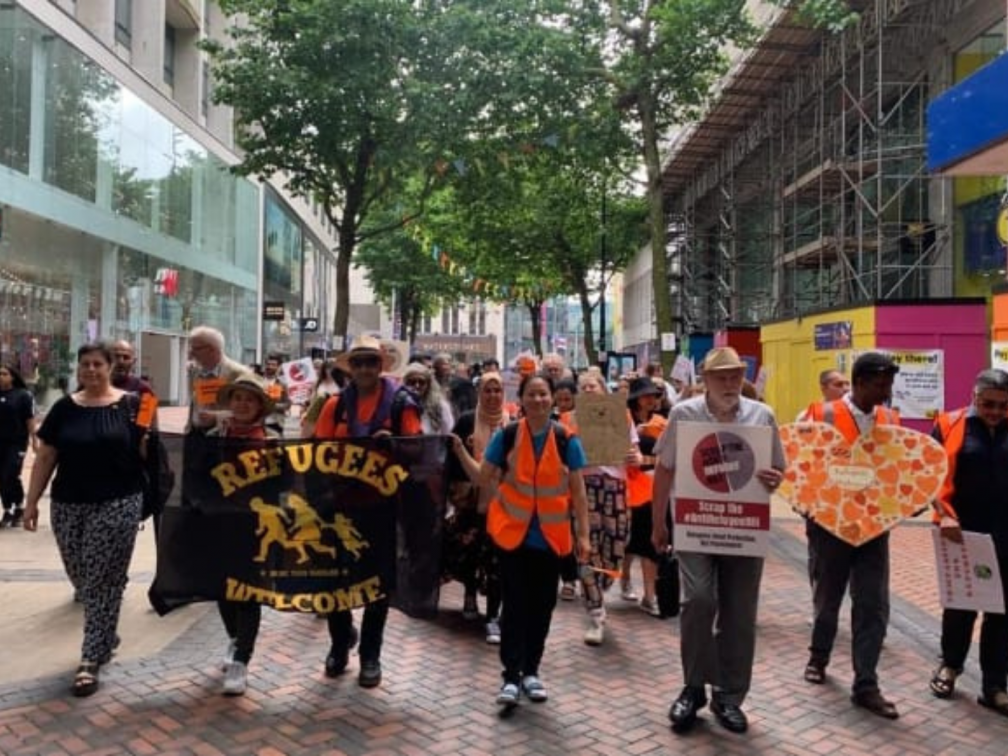
Columban missionaries in Britain have worked on Justice, Peace and Ecology issues for more than three decades alongside the National Justice and Peace Network (NJPN) of England and Wales. This year, as in many other years, we have been on the planning group of its annual conference in July, where we have helped with organising speakers, chairing a session, running a workshop, planning liturgy and running a Columban stall.
The annual weekend conference of the NJPN, which gathers Justice and Peace campaigners from across England and Wales, takes the theme: ‘Sustainability? Survival or Shutdown’. Scheduled for 21-23 July in Derbyshire it will address issues crucial to the common good and the well-being of the natural world, with a particular focus on the United Nations Sustainable Development Goals (SDGs). Echoing the words of Pope Francis in Laudato Si’ that all issues are interconnected, it will consider such themes as structural injustice, conflict, migration and environmental challenges.
It offers opportunities for networking and prayer with Catholics and others. There will be talks and workshops, and a screening of the film, ‘The Letter’. The Conference Mass will be celebrated by Fr. Dominic Robinson SJ, Chair of Westminster Justice and Peace Commission.
Speakers include Christine Allen and Brian O’Toole. CAFOD Director Christine Allen says she is “delighted to be speaking at the conference which is “an inspiring reminder of how people up and down the country are working tirelessly to secure a better future for our common home.” She has criticised the UK government’s “pitiful response to the ongoing hunger crisis in East Africa,” saying “it’s hard to square their reluctance to do anything meaningful to help tackle the crisis with the phrase of ‘leaving no one behind’ in the SDGs.”
Brian O’Toole is the Director of the Presentation Sisters Justice Desk for Ireland and England. The Presentation Sisters is a global network and has non-governmental status in the United Nations. He says that the International Presentation Association is committed “to respond to ‘the cry of the Earth and to people kept poor’ by embracing the SDGs in a human rights framework, addressing the issues of women and children, care of the Earth and indigenous peoples.”
The conference theme ties in closely with the Columban mission which prioritises issues of economic and environmental justice, migration and peace.
Almost eight years have passed since the international community agreed to take bold and transformative steps to achieve the 2030 Agenda for Sustainable Development, a plan of action to secure the rights and well-being of everyone on a healthy, thriving planet. Today, at the halfway point to 2030, that promise is in peril and a fundamental shift is needed – in commitment, solidarity, financing, and action – to put the world on a better path. And it is needed now.
The UN’s recently released ‘Report of the Secretary-General on Progress towards the Sustainable Development Goals’ draws on the latest data to call for action. Secretary-General Antonio Guterres, who is a Catholic, highlighted that of the SDGs only about 12% of goals are on track to be achieved by 2030; close to half, though showing progress, are moderately or severely off track; and some 30% have either seen no movement or regressed below the 2015 baseline.
Giving up on the SDGs or extending the deadline to meet them is not an option. The world has been rocked by a series of interlinked crises – the COVID-19 pandemic, conflict, the climate crisis, diminishing biodiversity and a weak global economy. Recommitting to the 2030 Agenda is the best roadmap out of these crises. Failure will fuel greater political instability and displacement, further erode trust in public institutions, upend economies, and lead to irreversible changes to our natural environment. Above all, it will cause immense suffering for current and future generations – especially among the world’s poorest and most vulnerable people and countries.
The international UN SDG Summit, in September 2023, must signal a genuine turning point. It must mobilise the political commitment and breakthroughs our world desperately needs. Efforts must be funnelled toward securing dignity, opportunity, and rights for all while reorienting economies through green transitions and towards resilient trajectories compatible with the 1.5°C goal of the Paris Agreement on climate change. Just transitions are paramount with the need for universal social protection and decent job opportunities.
It is not too late to turn things around. This generation is equipped with knowledge, technologies, and resources unprecedented in history. Breaking through to a better future for all demands that leaders put this advantage to use to lift hundreds of millions out of poverty, put our world on a low-emissions pathway by 2030, and secure human rights for all.
The July NJPN conference will explore how people of faith can support that process at local, national and international levels.


